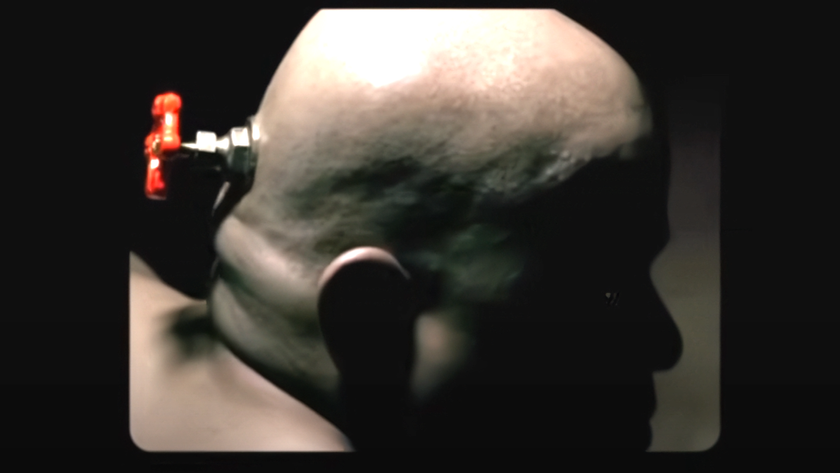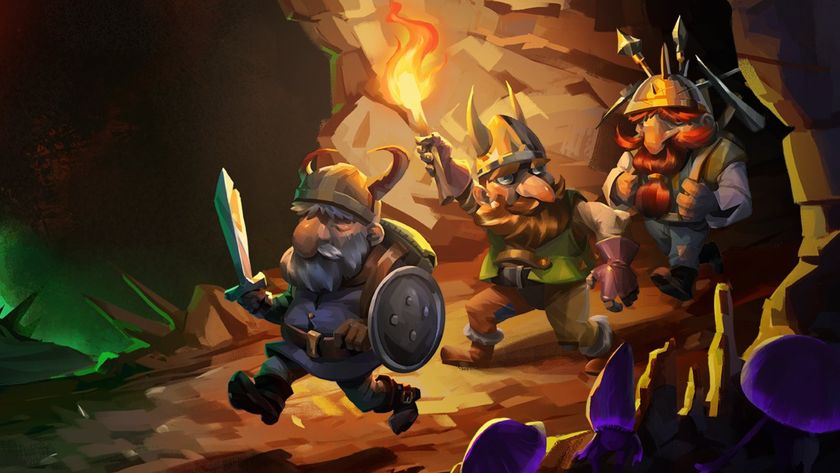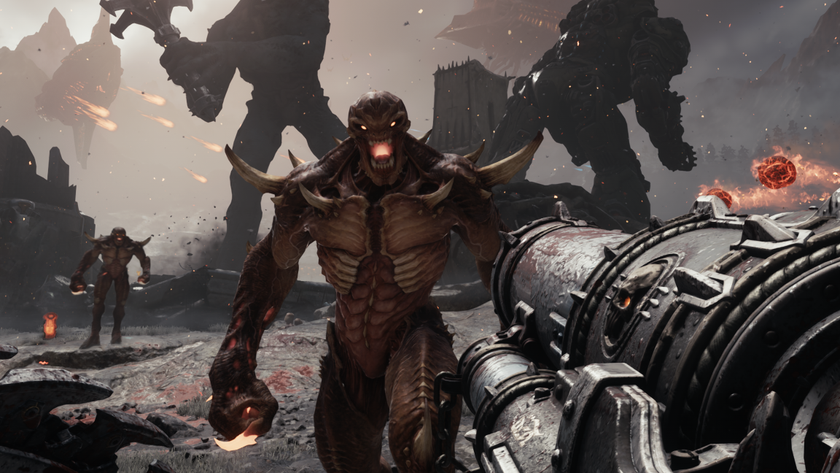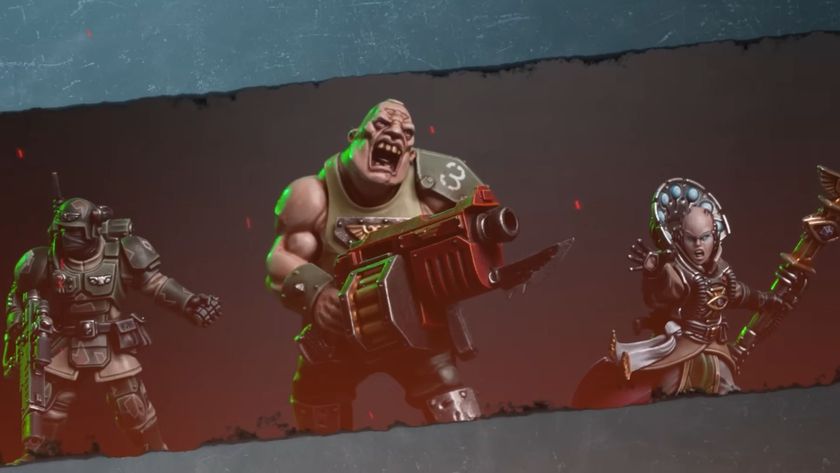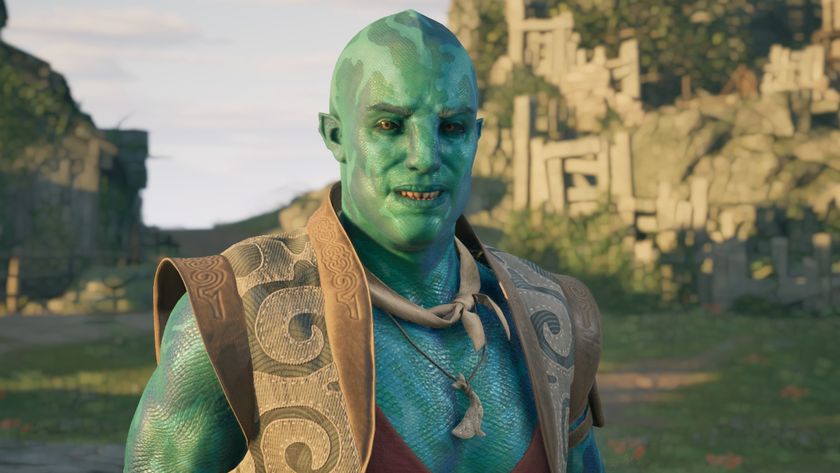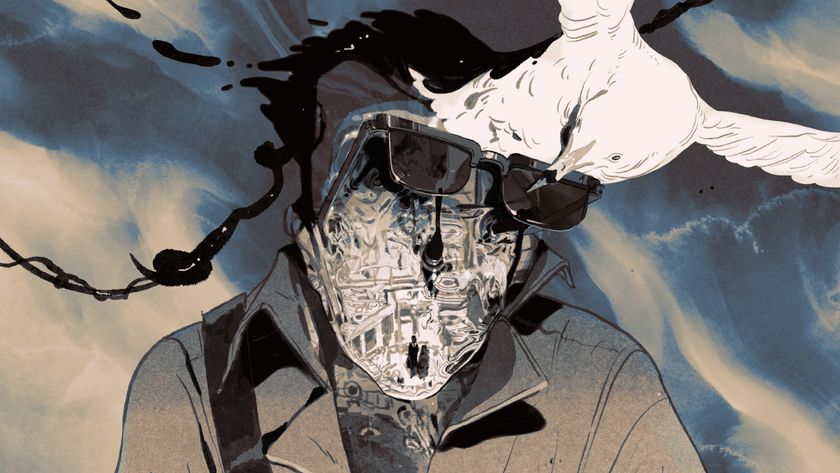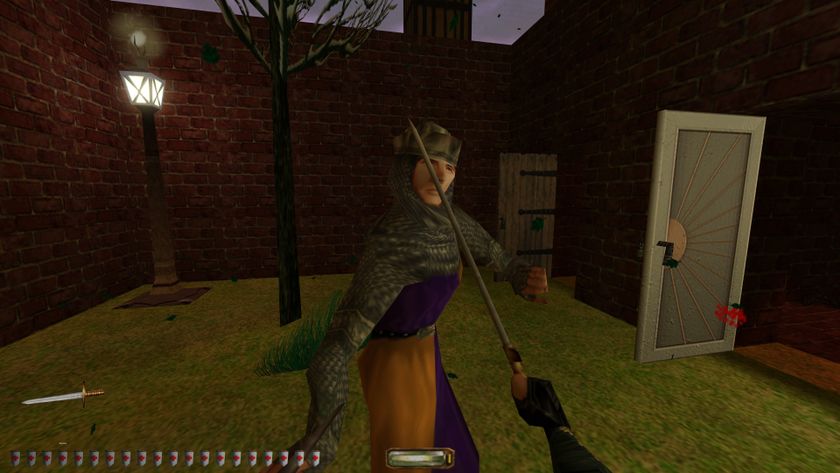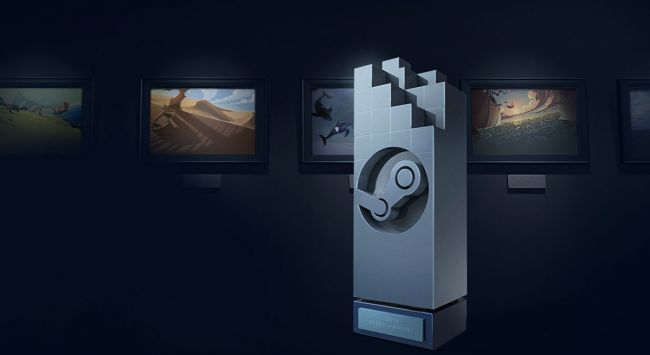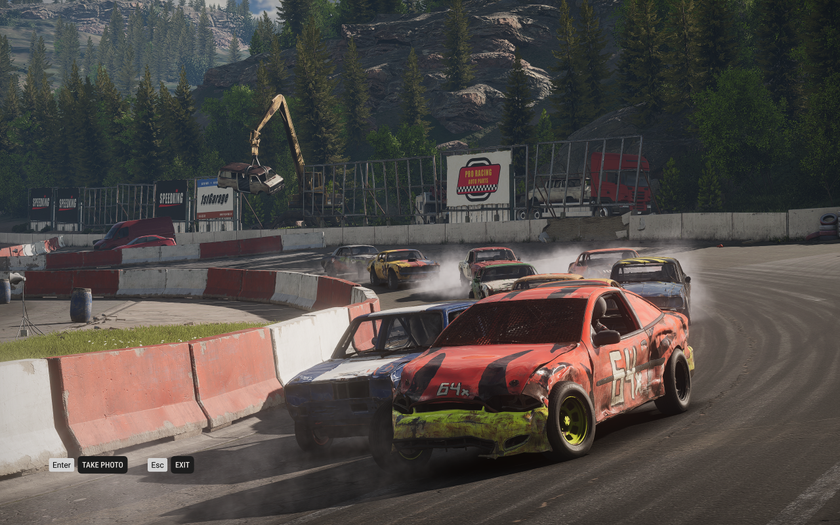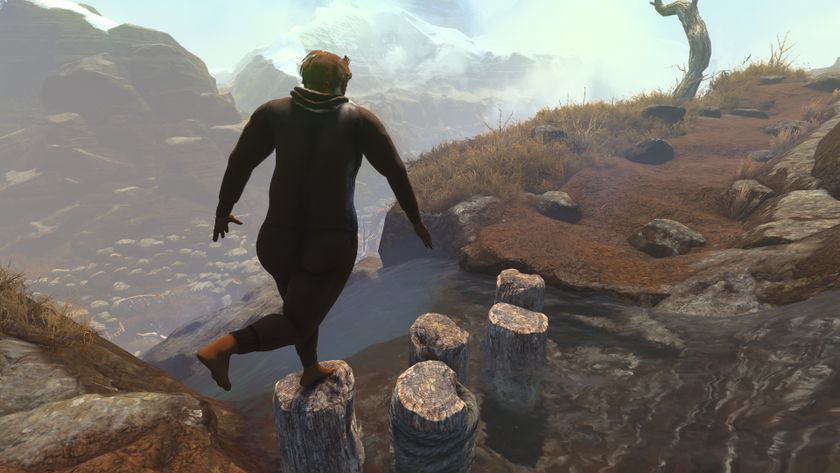At the end of every week, we post our highs and lows in PC gaming for the week. As we've come to the last week of 2016, we've gathered our highs and lows of the whole year. Yesterday we covered the highs, and today we cover the year's worst.
Chris Livingston: The No Man's Sky debacle

It happens with a handful of games every year: there’s lots of buzz and excitement leading up to launch, but the actual release results in disappointment. Developers, publishers, and marketers spend months talking up their vision for the game, and fans find the finished product fails to live up to it. A game is seen as overpriced, or fans feel they were misled by screenshots or trailers, and amidst a wave of complaints devs scramble to release patches and fixes. None of this is anything new.
But few reactions go supernova the way No Man’s Sky’s did. Why, in particular, did this game result in such a tempest in a cockpit? What was it about this ‘chill’ indie space exploration experience that struck so many nerves so damn hard? Things started out ugly, with death threats over a delay—and even death threats over reporting on a delay—and stayed ugly after launch.
And then there was the reaction to the reaction: Hello Games went utterly silent for a couple of months. While I understand the reasoning—when everything you've ever said is suddenly under intense scrutiny, it makes sense to be careful saying anything else—the impenetrable silence only made matters worse, as fans felt they had been completely abandoned and ignored. At least things have gotten better recently, with new features added in the Foundation update, and the promise of more changes to come in the future.
There are lessons to be learned on all sides. Devs: keep in mind that no one ever forgets what you say during development, and while it's fine to talk about the elements you hope to put in your game, you're going to hear about it if those things aren't actually there when you release it. Plus, completely shutting off all communication with the people who have bought your game is a terrible idea. As customers, we need to remain skeptical of early E3 trailers, bullshots, pre-launch hype, and be especially cautious about pre-ordering games. And, we need to be patient. Even if developers aren't talking, they're listening, and adding new features to a game takes time.
Wes Fenlon: A tough year for gaming on Windows 10
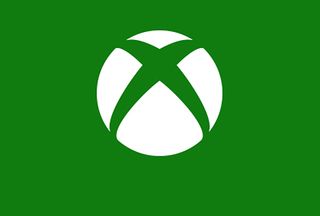
I try my best to like Windows 10, and for the most part, I do. But everything about the OS has been two steps forward, one step back, for me: I still don't like the Start menu design, or how there are now two layers of menus for uninstalling programs, changing display settings, etc. And for the love of god, I don't want to try Office. It's been a tougher year for gaming under Windows 10. I'm absolutely thrilled that Microsoft is seemingly committed to PC gaming again, and getting games like Gears of War 4 and Halo Forge on PC is awesome.
But then there are the problems.
The biggest gaming news, reviews and hardware deals
Keep up to date with the most important stories and the best deals, as picked by the PC Gamer team.
The interface of the Xbox app is a mess, and it hurts its good features with poor design. Why do I have to press two keys to take a screenshot, and why does capturing a screenshot also capture the notification that you just took a screenshot? Terrible. The Windows Store has been similarly problematic, with slow downloads, massive game files, and patches that sometimes force you to re-download tens of gigabytes of data. I've recently fallen under the thumb of Comcast's oppressive data caps, making me extremely sensitive to downloading any Windows Store games at home.
Much worse, though, are the limitations on the new "Universal Windows Platform" games that come from the store. Epic's TIm Sweeney has been campaigning against them for much of the year, and while UWAs may be easier and safer to distribute, I'm still worried about the trade-offs. They make modding difficult, if not impossible, and there are other issues, which modder Durante wrote about for us earlier this year. To be fair, though, Microsoft's improved some of those problems already, like supporting unlocked framerates. And Gears of War 4 was a fantastic PC version. To get to that point, though, Quantum Break and a couple other UWP games had to have rough launches, and that's a tough perception problem to overcome.
I'm hoping UWP continues to improve in 2017. Microsoft is publishing some great games on PC, but most of its decisions about Windows as a platform feel like they're better for Microsoft than they are for their users.
Evan Lahti: Skin in the game
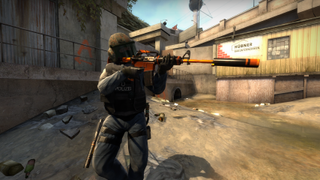
In 2013, as Valve rolled out cosmetic skins for Counter-Strike: Global Offensive, a number of online gambling services sprung up around CS:GO and its esports. Most of these third-party sites used in-game items as currency, and their popularity grew alongside CS:GO's. Over those three years, gambling became an inseparable part of the CS:GO scene—the most prominent sites, such as CS:GO Lounge, would sponsor players, tournaments, and leagues to hawk their grey-market services to spectators. Few of these third-party sites had safeguards in place to verify the age or location of users.
Valve, who profits from the sale of CS:GO item cases and takes a small cut of all in-game items resold in the Steam Marketplace, took no public action to curtail skin gambling until July, when the unethical actions of several YouTubers invited scrutiny.
Two high-profile YouTubers, TmarTn and ProSyndicate had created and then marketed a CS:GO gambling website to their viewers on YouTube and social media without disclosing their co-ownership. Their videos showed them winning thousands of dollars worth of CS:GO skins on CSGO Lotto, portraying their success as luck, and misleading their young audiences in the process. Exposed, TmarTn offered a pitiful apology, saying that his relationship with CSGO Lotto had been "been a matter of public record since the company was first organized in December of 2015," presumably meaning that a public record existed of his co-ownership of the shady gambling website for someone else to uncover.
A couple weeks after the CSGO Lotto scandal, Valve issued cease and desist letters to more than 20 skin gambling websites, citing violations of the Steam Subscriber Agreement that had been going on for years, in the case of some of these sites. In turn, the Washington State Gambling Commission also put pressure on Valve, which denied wrongdoing, saying that it has no relationship with third-party sites that have taken advantage of Steam's services. There's no definitive verdict on the legality of in-game item gambling at this time, but you can expect the issue to continue to be explored in 2017.
Andy Kelly: Third time unlucky

Man, I really wanted to like Mafia 3. I even requested to review it based purely on my love of the second game—despite the fact it was being developed by a different studio. But after a promising first few hours, I slowly began to regret my request. The game starts off well, confidently establishing its ‘60s setting. The sharp editing and use of period music is fantastic, with an infectious energy and personality. I even like the shift away from the Italian mafia, which bothered a lot of people. But then the game loses momentum after a key moment in the story and suddenly becomes an incredibly shallow, creatively barren slog.
I admire a lot of what developer Hangar 13 did with the game. The writers boldly tackle the racism of the era without sugar-coating or shying away from it. But playing as a black man in a period when institutional racism was the norm is far more interesting than Lincoln Clay himself, who I found to be a disappointingly one-dimensional character. And the tone is all over the place, unsure whether to paint him as a sympathetic guy in a bad situation or a straight-up thug. You break into a brothel in one mission, take out the guys who run the place, and rescue the working girls—only to start running the brothel yourself to fill your pockets with dirty money.
I was impressed when I was lingering in a ‘whites only’ bar, only for the owner to call the cops when I refused to leave. That was something I’d never seen in a game before. But despite these little moments of brilliance, the game is, overall, a repetitive series of deeply boring missions in which you take over ‘rackets’ by endlessly killing generic goons. Clay’s quest for vengeance is uninspiring, and in general the game has none of the charm, wit, or humour of the wonderful Mafia 2. Whatever they do with the series next, they should look to the second game rather than the third to understand what people actually love about these games.
You'll find more of our lows of the year on the next page.
The collective PC Gamer editorial team worked together to write this article. PC Gamer is the global authority on PC games—starting in 1993 with the magazine, and then in 2010 with this website you're currently reading. We have writers across the US, UK and Australia, who you can read about here.

